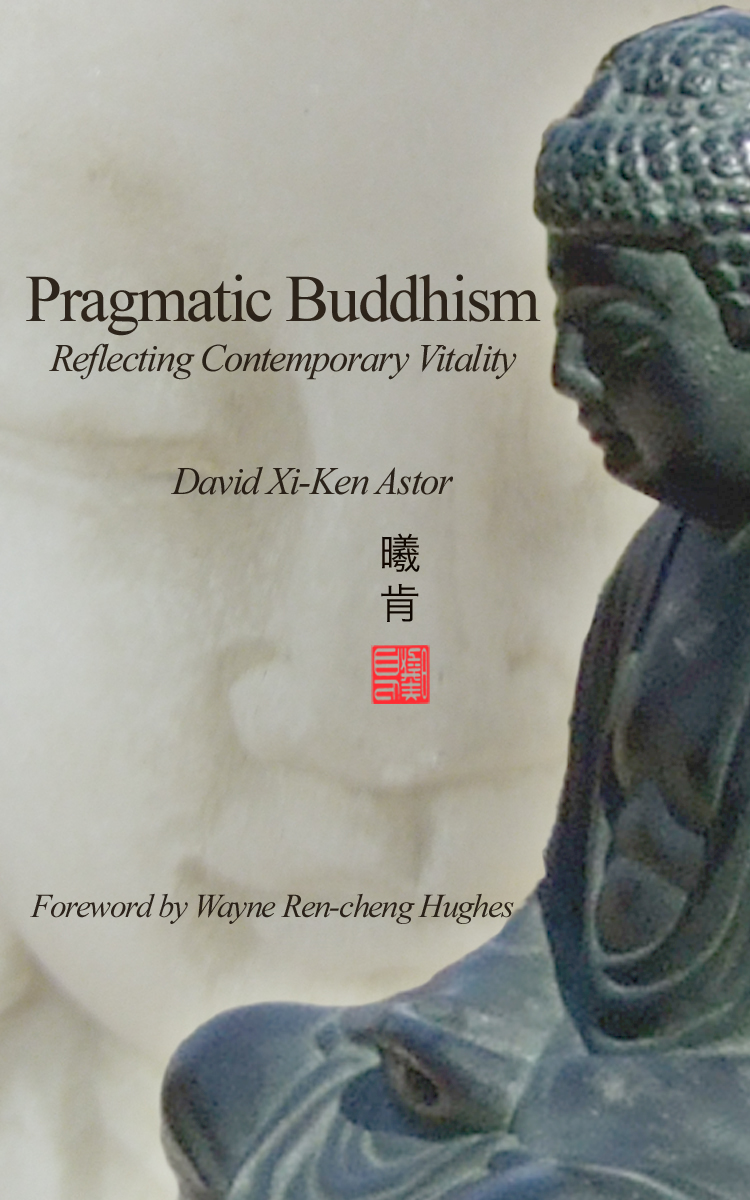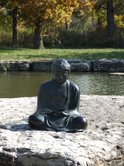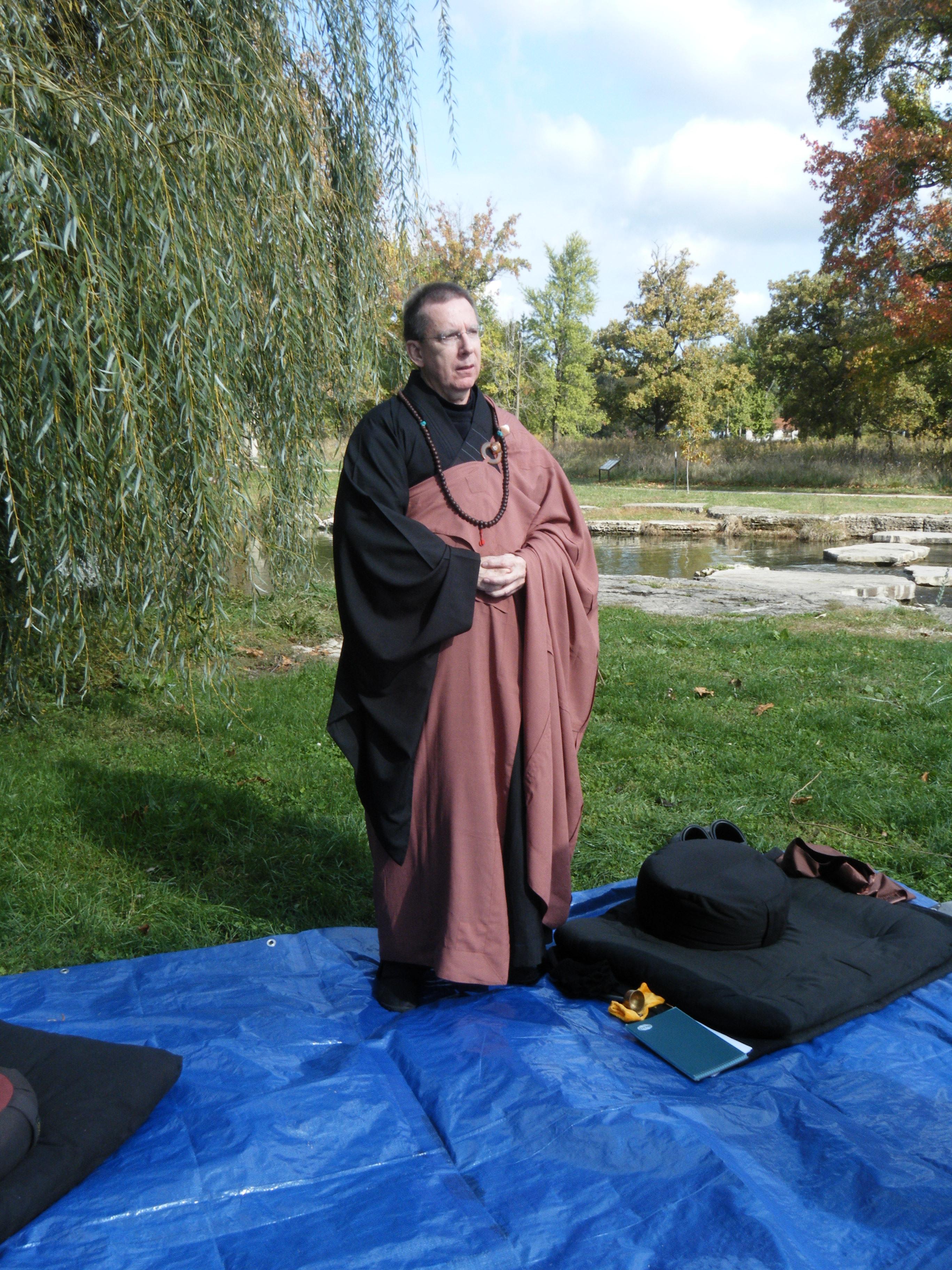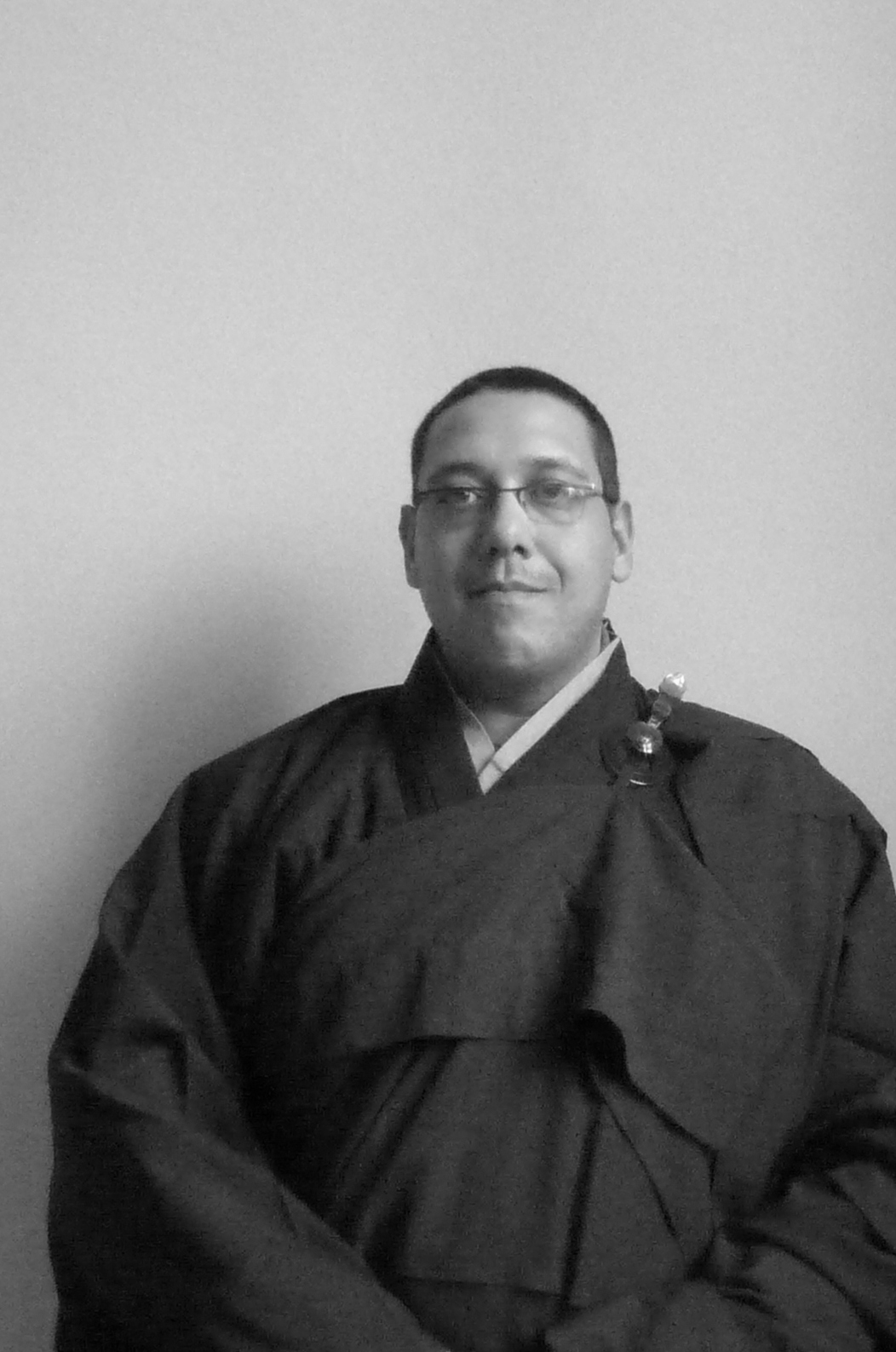By: David Xi-Ken Shi
I have been speaking recently about the importance of how language can have primary control over our ability to express the reality around us, and thus influence the value we place on it. Even when that language is not spoken as words but thought of as an idea. When a visual artist expresses an idea or feeling, the “language of thinking” is behind the intent of their expression and comes first. We think and conceptualize an idea in words, or any abstract concepts will eventually emerge into words in order for us to share such thoughts to others. And that thinking process influences (limits?) the values we place on all manner of human endeavors. Our language can even constrain our path to wisdom and readiness toward awakened moments. This notion of how language influences our thinking process is another plank in pragmatic philosophical understanding, but is not owned by it as others have expressed the power of language in the abstract that can place limits on the rational thinking process.
I wish to share with you here what the late Thomas Merton (Fr. Louis as he was known in the Order) the Christian Cistercian monk and spiritual thinker has to say on this very subject. It comes from one of his greatest works The Ascent to Truth. Please work to find the lesson that I think even the Buddha would give an approving bow to.
“…all our concepts have limits. They have to have limits for us to understand them. In our language, wisdom is not justice.” “To define an idea is to give it boundaries. Every reality that we are capable to grasping in a concept is hedged in by its own frontier. What is indefinable is, to us, unknowable because there is no word or idea capable of containing or delimiting its meaning. And we cannot clearly understand realities that do not present themselves to us contained in an idea.
“Although it can be argued that all ideas are in some sense illusory, because there is no human concept that fully contains all the concrete reality of the thing it tries to signify, nevertheless we have to admit that conceptual knowledge gives us a sure intellectual grasp of reality.”1
Our “outer nature, our everyday mind” works with language. Our “Inner nature, our higher conscious state of mind” experiences conceptual processes in order to come to a higher degree of understanding of universal realities/concepts. Language is a tool that can only get us so far on this path of understanding the Dharma. Ideas emerge that must then transcend the ordinary so we can possibly experience the extra-ordinary, if only intellectually. And that can prove to be a big leap forward in our dedicated practice.
___________
1 The Ascent to Truth by Thomas Merton, 1951 Harcourt, Brace and Company NY Pg. 91-92


















































































